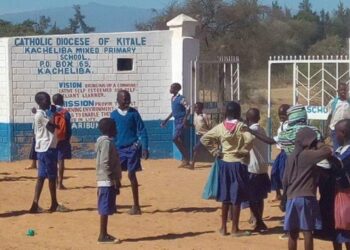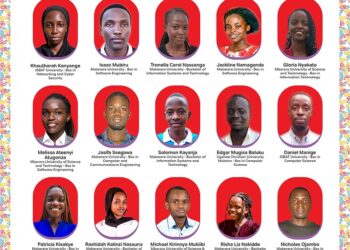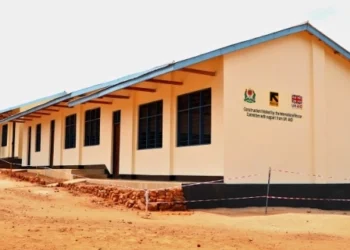Of all regions, sub-Saharan Africa has the highest rates of education exclusion. Over one-fifth of children between the ages of about 6 and 11 are out of school, followed by one-third of youth between the ages of about 12 and 14. According to UIS data, almost 60% of youth between the ages of about 15 and 17 are not in school.
Without urgent action, the situation will likely get worse as the region faces a rising demand for education due to a still-growing school-age population.
Education in Africa is a major priority for UNESCO and the UIS. In response, the UIS develops indicators to help governments, donors and UN partners better address the challenges. For example, the UIS tracks the extent to which schools lack basic amenities, such as access to electricity and potable water, while monitoring classroom conditions – from the availability of textbooks to average class sizes and the prevalence of multi-grade classrooms. With seven out of ten countries facing an acute shortage of teachers, the Institute also produces a range of data on their training, recruitment and working conditions.
Girls’ education is a major priority. Across the region, 9 million girls between the ages of about 6 and 11 will never go to school at all, compared to 6 million boys, according to UIS data. Their disadvantage starts early: 23% of girls are out of primary school compared to 19% of boys. By the time they become adolescents, the exclusion rate for girls is 36% compared to 32% for boys.
To help policymakers bridge this gender gap, the UIS disaggregates all indicators by sex to the extent possible, while producing gender parity indices and developing specific indicators related to access to separate toilets for girls and boys and the presence of female teachers, who can serve as role models and encourage girls to continue their education.
These are just some of the ways in which the UIS is helping governments, donors and civil society groups strive towards Sustainable Development Goal 4 (SDG 4) and reach the most marginalised children and youth.


















































































 EduTimes Africa, a product of Education Times Africa, is a magazine publication that aims to lend its support to close the yawning gap in Africa's educational development.
EduTimes Africa, a product of Education Times Africa, is a magazine publication that aims to lend its support to close the yawning gap in Africa's educational development.